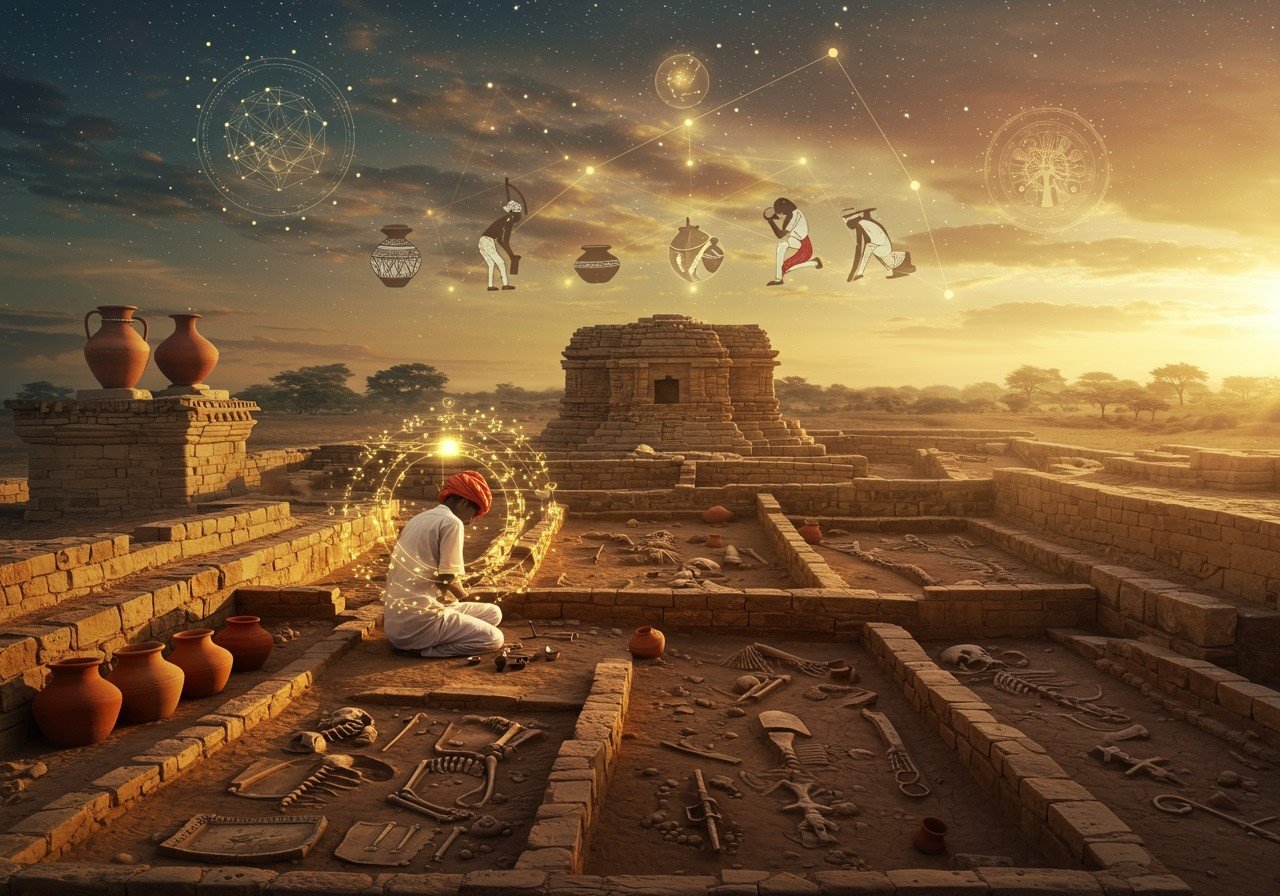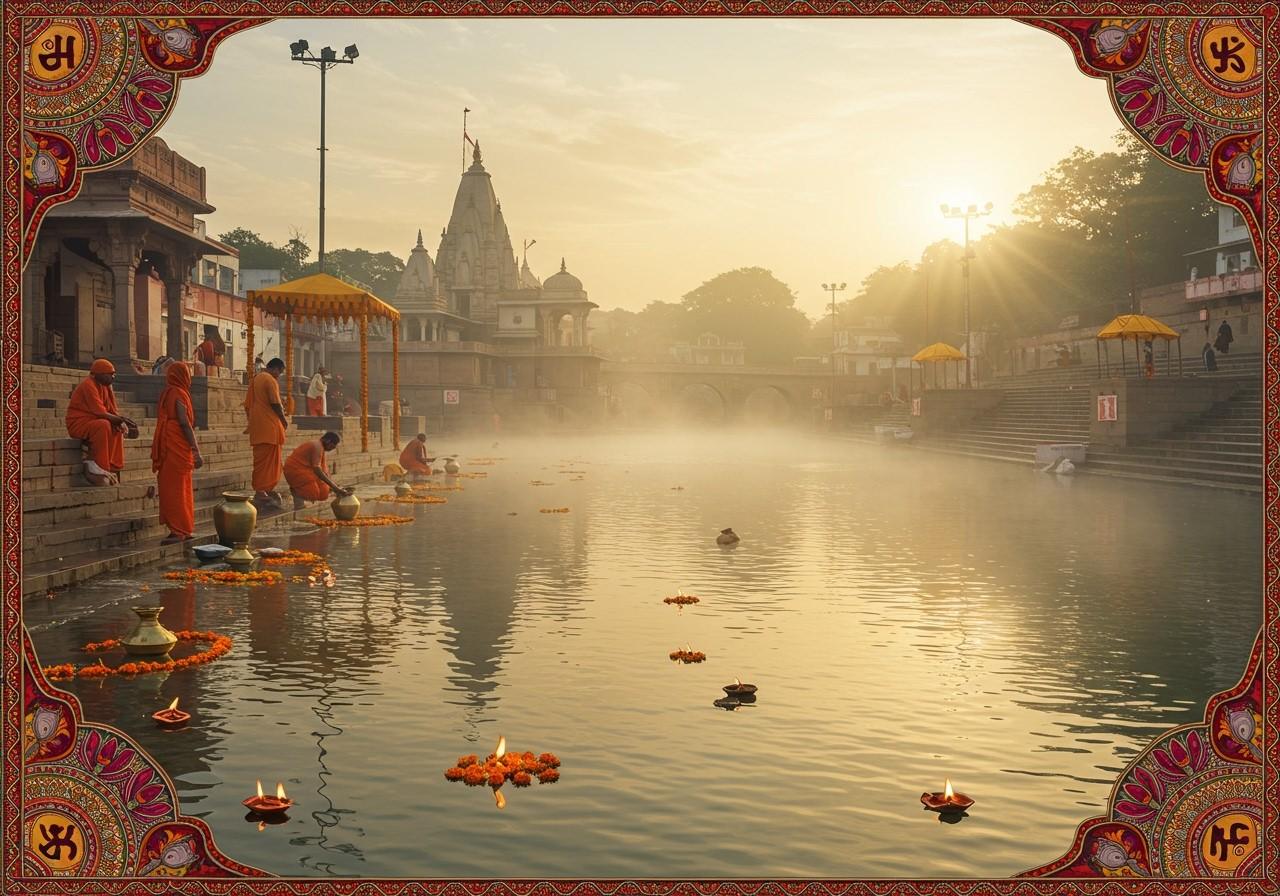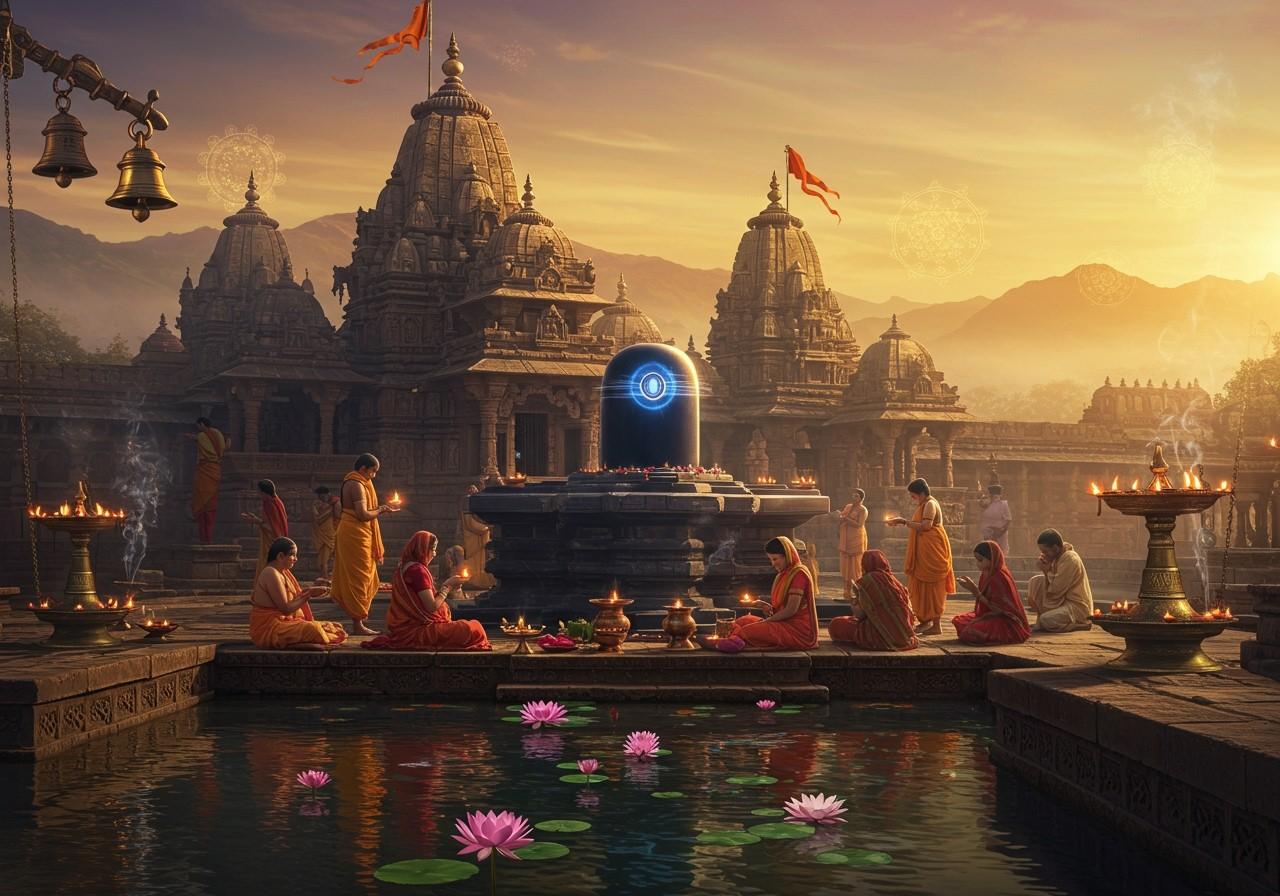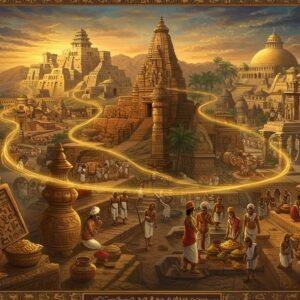
Mehrgarh, a crucial archaeological site nestled in present-day Balochistan, Pakistan, offers a captivating glimpse into the dawn of human civilization in South Asia. This ancient settlement, dating back to 7000-2600 BC, unveils remarkable insights into early human life, agricultural practices, and the development of settled communities. For those with an interest in cultural heritage, understanding Mehrgarh’s significance is key to appreciating the rich tapestry of human history.
Unveiling the Secrets of Mehrgarh
In 1974, French archaeologist Jean-François Jarrige unearthed the wonders of Mehrgarh on the Kacchi Plain of Balochistan. This discovery marked a turning point in our understanding of early human settlements. The site’s continuous occupation from the Neolithic period (7000 BCE) to the Chalcolithic period (2600 BCE) provides a unique window into the evolution of prehistoric life.

Mehrgarh’s Place in the Neolithic Revolution
The Neolithic Age signifies a pivotal shift in human history, marked by the advent of agriculture and the establishment of settled communities. Mehrgarh stands as a testament to this transformative period, showcasing early evidence of farming, animal domestication, and tool usage. This transition from a nomadic hunter-gatherer lifestyle to a more settled agricultural existence is vividly illustrated at Mehrgarh.
Architectural and Technological Marvels
Mehrgarh’s architectural ingenuity is evident in its mud-brick houses and granaries, representing significant advancements for the time. Furthermore, the site reveals technological innovations in pottery, bead-making, and metallurgy, highlighting the resourcefulness and creativity of early humans.
The Link to the Indus Valley Civilization
Mehrgarh’s influence extends beyond its own era, laying the groundwork for the rise of the Indus Valley Civilization. Its advancements in agriculture, technology, and trade paved the way for the development of urban centers like Harappa and Mohenjo-Daro, showcasing a remarkable continuity of human development.
Cultural and Ritualistic Practices
Burial customs and early religious practices at Mehrgarh provide a fascinating glimpse into the spiritual and social lives of its inhabitants. Figurines and artifacts suggest ritualistic activities, reflecting the cultural and symbolic significance of these practices in their lives.
Trade and Economic Expansion
Mehrgarh’s role as an early center of commerce is evident in its trade networks, which extended to distant regions. The discovery of lapis lazuli and marine shells at the site points to established trade routes and economic exchange, highlighting Mehrgarh’s importance in regional development.

Mehrgarh FAQs: Unraveling the Past
What is Mehrgarh known for? Mehrgarh is renowned as one of the earliest centers of agriculture and settled life in South Asia, dating back to 7000 BCE.
What time period does Mehrgarh represent? Mehrgarh represents the Neolithic Age, a crucial period marked by the development of agriculture and settled communities.
How can Mehrgarh be connected to the Indus Valley Civilization? Mehrgarh’s advancements in agriculture, technology, and trade are considered precursors to the Indus Valley Civilization, influencing its development and urban centers.
Connecting with Your Heritage Through Poojn.in
Poojn.in, India’s largest cultural goods and services store, offers a wide array of products to connect you with your rich heritage. Explore our collection of authentic puja items, handcrafted brass and copperware, and sacred items for traditional practices.
- Customised Fabric Coloured Clay Dinner Set: Experience the traditional way of dining with our handcrafted clay dinner sets.
- Customised Fabric Coloured Clay Pot: Embrace ancient cooking methods with our authentic clay pots, ideal for preparing traditional dishes.
Conclusion: Honoring Our Ancestral Legacy
Mehrgarh stands as a powerful symbol of human ingenuity and resilience, offering invaluable insights into our shared past. By exploring and understanding Mehrgarh’s significance, we deepen our appreciation for the roots of our civilization and honor the legacy of our ancestors. As we continue to learn from this ancient site, we embrace the wisdom of the past and strengthen our connection to the rich tapestry of human history.
Parli Vaijnath: Exploring Maharashtra’s Sacred Site
Jyotirlingas of India: A Spiritual Journey Through Sacred Sites


